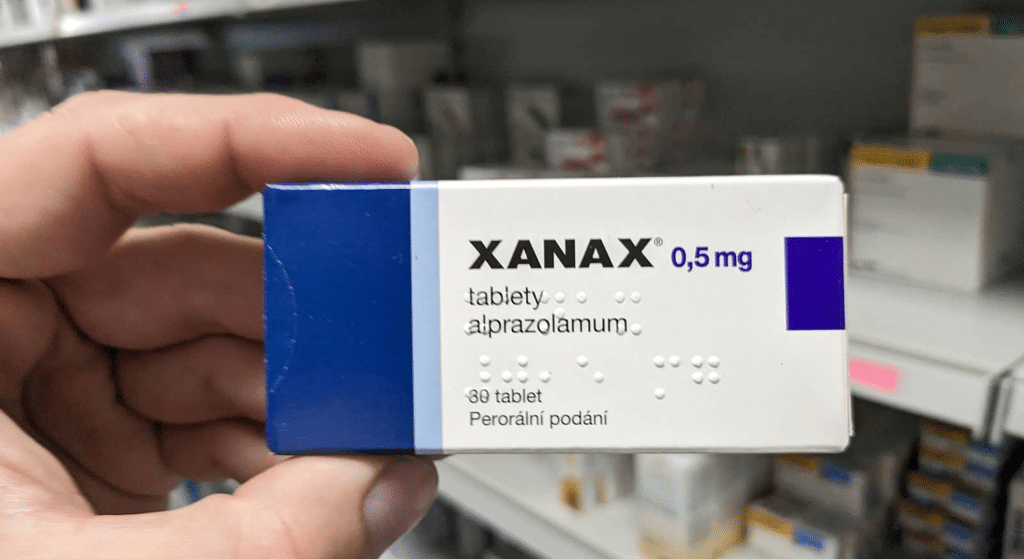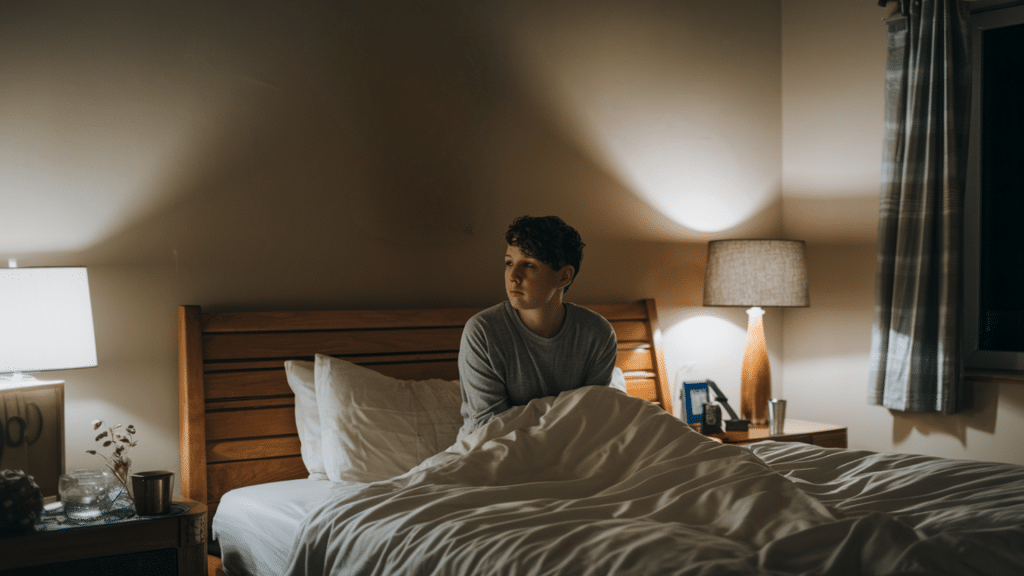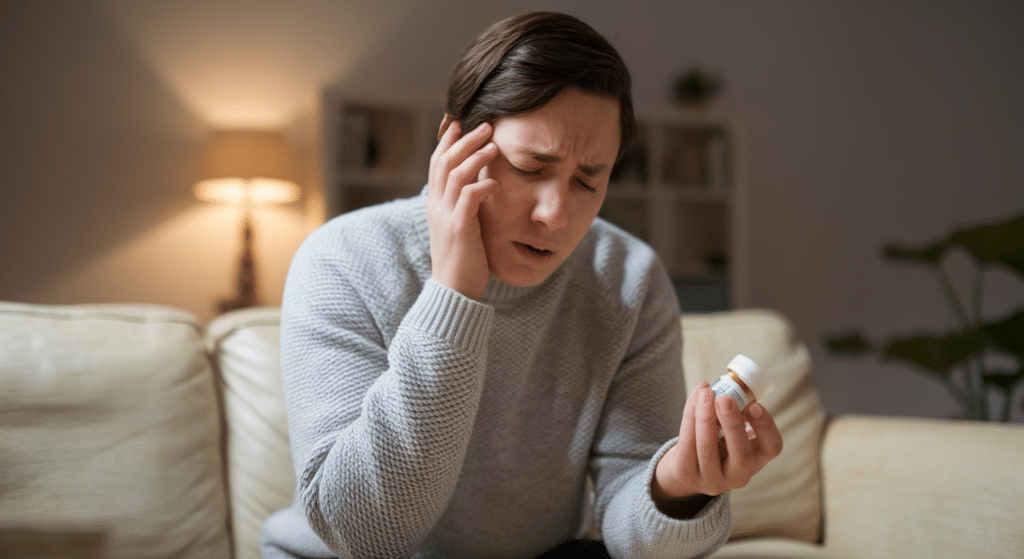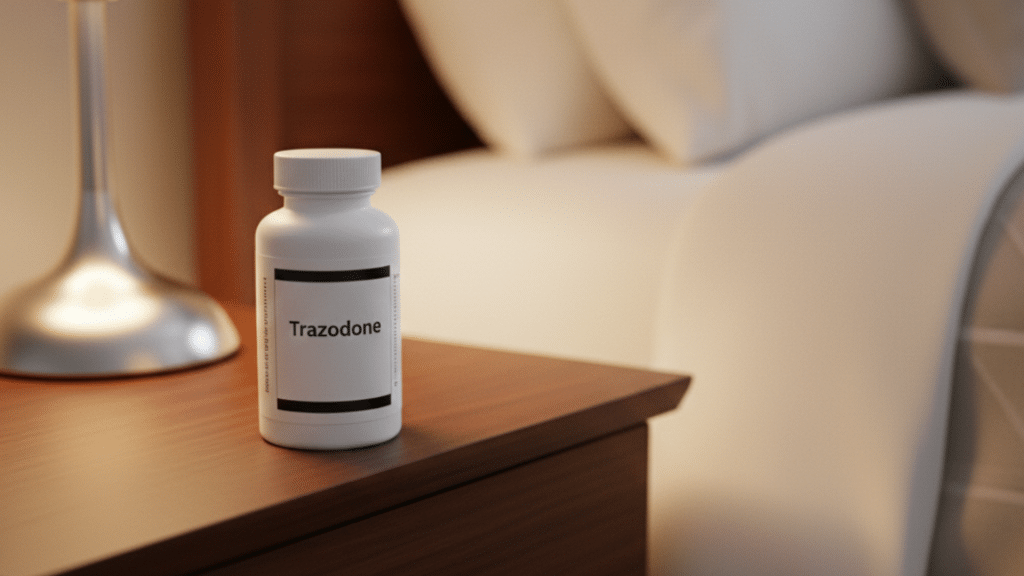Have you ever asked yourself, ‘How long do benzodiazepines stay in your system?’ It’s a common question, especially if you’re facing a drug test or simply curious about how your body handles medication.
The truth is, there’s no single answer. Detection times can range from hours to months, depending on the type of test and your personal health factors.
Knowing this isn’t just about curiosity, it matters for workplace testing, medical monitoring, and even legal safety checks.
In this guide, I’ll break down typical detection timelines, explain why results differ, and outline the main factors that influence how long benzos remain in your body.
Disclaimer: This information is for educational purposes only and should not replace professional medical advice. Always speak with a healthcare provider about your specific situation.
What are Benzos?
Benzodiazepines, or benzos, are prescription drugs with a chemical structure made of a benzene ring and a diazepine ring. Common types include Xanax, Valium, Ativan, and Klonopin, which are used to treat anxiety, sleep problems, and seizures.
- Full form: Benzodiazepine.
- Chemical identity: Ring system combining benzene + diazepine.
- Formula: Varies by drug, but all share a similar nucleus (example: diazepam = C16H13ClN2O).
- History: Discovered in 1955, first marketed in 1960 (Librium).
Benzodiazepines are classified as Schedule IV controlled substances in the U.S., meaning they carry misuse risks despite medical use.
How Long Do Benzos Stay in Your System?
Detection times vary based on the type of test used and which specific medication you took. Here are the general ranges:
| Test Type | Detection Window | Notes |
|---|---|---|
| Urine | 1–30 days | Short-acting clears in 2–5 days; long-acting is detectable for weeks. |
| Blood | 12–48 hours | Best for recent use; short window. |
| Saliva | 1–2 days | Quick, non-invasive; not reliable past 48 hours. |
| Hair | Up to 90 days | Longest detection shows history, not recent use. |
| Sweat Patch | Several days | Used in legal/monitoring settings; less common. |
Urine tests are the most common method for detecting benzos. They’re also the most reliable for showing recent use.
Short-Acting vs. Long-Acting Benzos
Benzos are grouped into three categories based on how long they work in your body:
- Short-Acting (2-8 hours): These leave your system faster. Examples include Xanax and Ativan.
- Intermediate-Acting (8-24 hours): These stay longer than short-acting types. Klonopin falls into this group.
- Long-Acting (24+ hours): These can be detected for weeks. Valium is the most common long-acting benzodiazepine.
Short-acting benzos typically clear from urine in 1-3 days. Long-acting types can show up for 10-30 days, especially with regular use.
Factors That Affect How Long Benzos Stay in the Body
- Dosage and frequency: Higher doses and regular use lead to longer detection times. Your body needs more time to process larger amounts.
- Age: Older adults typically process medications more slowly. This means benzos may stay in their systems longer.
- Body weight and composition: People with more body fat may store benzos longer. The medications can accumulate in fatty tissue.
- Liver and kidney function: These organs remove benzos from your body. Poor organ function slows down this process.
- Overall health and metabolism: Faster metabolisms clear drugs more quickly. Health conditions can slow this process.
- Other medications: Some drugs can speed up or slow down how your body processes benzos.
According to the National Institute on Drug Abuse (NIDA) and MedlinePlus, age, organ health, and metabolism play major roles in clearance.
Understanding Benzo Half-Life
Half-life tells us how long it takes for half of a drug to leave your system. This helps predict detection times.
Here are the half-lives of common benzos:
- Xanax: 6-20 hours
- Ativan: 10-20 hours
- Klonopin: 18-50 hours
- Valium: 20-80 hours
It usually takes about 5 half-lives for a drug to be mostly cleared from your system. So a medication with a 10-hour half-life would be nearly gone after 50 hours.
Why Testing for Benzos Matters

Drug testing for benzodiazepines isn’t just about rules; it’s tied to safety, accountability, and medical care. Here are the main situations where it matters:
Employment screening: Many employers, especially in healthcare, transportation, aviation, construction, and public safety, require pre-employment or random drug testing. These roles involve high responsibility and risk, where impaired performance could endanger others.
Legal requirements: Courts may order benzo testing in probation, parole, DUI cases, child custody disputes, or workplace accidents. Testing helps establish whether someone was impaired or compliant with legal conditions.
Medical monitoring: Doctors use drug tests in rehab programs, pain management clinics, and psychiatric care. This ensures patients are taking medications as prescribed, not misusing them, and helps guide safe tapering or detox.
Safety concerns: Benzos slow reaction times, impair memory, and reduce coordination. Even when legally prescribed, they can affect driving, machinery operation, and workplace safety.
The risks increase dramatically when combined with alcohol, opioids, or other central nervous system depressants. In fact, NIDA reports that over 16% of opioid overdose deaths also involved benzodiazepines, highlighting how dangerous this combination can be.
Addiction and recovery support: In treatment programs, regular testing helps track progress, verify abstinence, and adjust care plans. For those struggling with misuse, it provides accountability and medical insight into their recovery journey.
When to Seek Help
If you’re worried about benzo use, watch for signs such as taking more than prescribed, needing the drug to function, or withdrawal symptoms when you try to stop. Because sudden withdrawal can be dangerous, seeking medical guidance is the safest way forward.
Treatment often includes supervised detox, counseling, and support programs that help people recover.
Summing Up
Understanding how long benzos stay in your system can give you peace of mind and help you make safer choices. Tests vary in how far back they can detect use, and the type of benzo you take makes a big difference.
Your own health, dosage, and frequency of use all affect the results. That’s why it’s important not to compare your timeline with someone else’s.
If you’re taking these medications as prescribed, staying in touch with your doctor is the best step. If misuse is a concern, safe and effective treatment options exist.
I hope this gave you clear answers. Feel free to check out more of my posts for useful tips and guidance.









